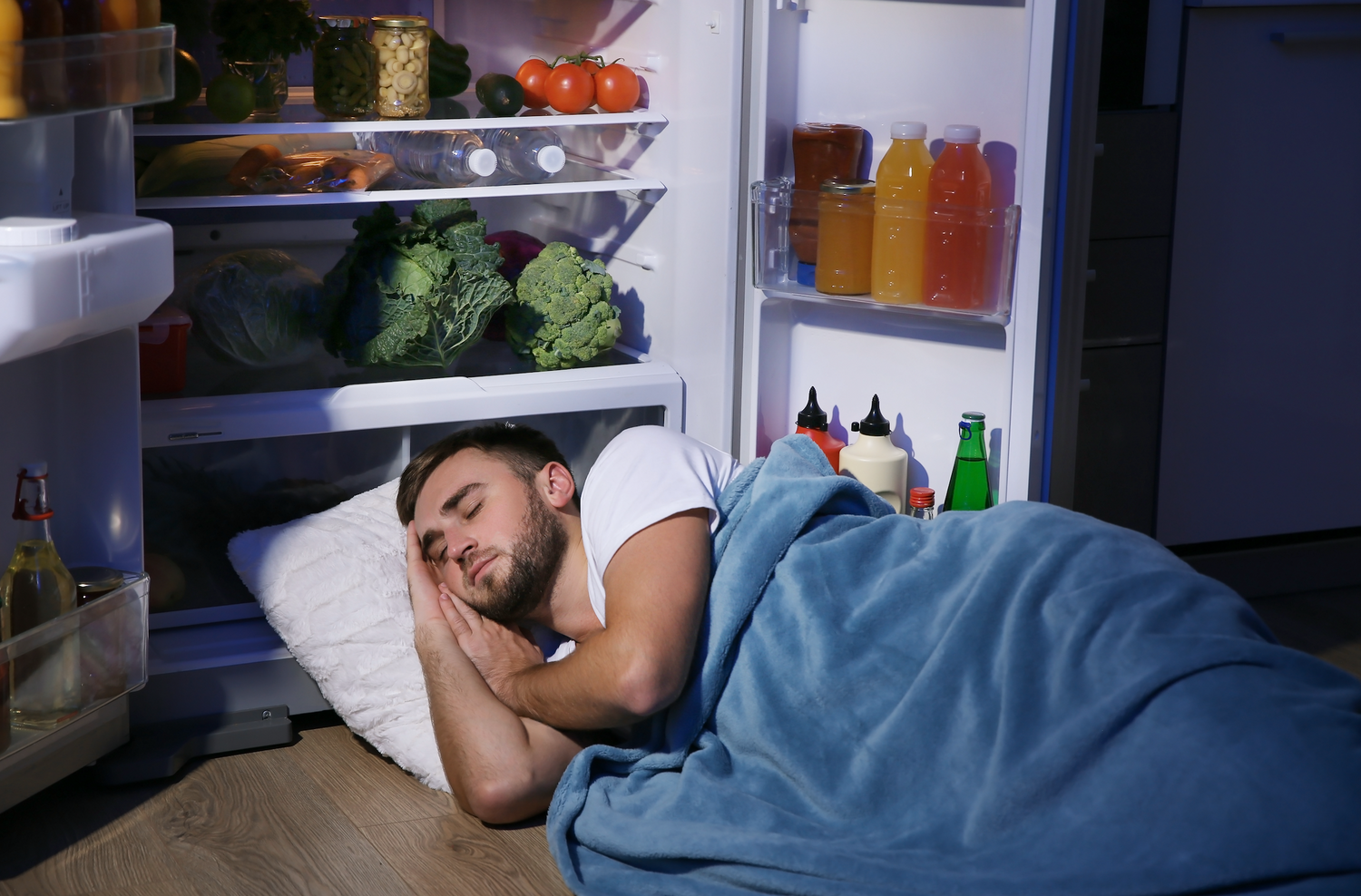Are You Getting Enough ZZZ’s?
The relationship between sleep, performance and recovery can be looked at in terms of three key factors that affect the restorative outcome. The amount of sleep you get each night plays a huge role in your recovery and performance but there are two other factors that are just as important – the quality of your sleep and the circadian timing of sleep. If the balance between these are disrupted then you’re more at risk for an injury, impaired protein synthesis (AKA building muscle), and compromised recovery.
Barriers to Adequate Sleep
There are a multitude of things that could be hindering your ability in getting adequate sleep. Some of these things include over-training, sleep disorders like insomnia or sleep apnea, restless leg syndrome, and poor sleep hygiene. You may not have control over a medical condition, but implementing a sleep hygiene routine is something that is in your control.

It is Time for You to Start a Sleep Hygiene Routine!
Healthy, adequate sleep requires training – just like how you are training for endurance or strength. As you start to incorporate a sleep routine you will start to create habits that will optimize your sleep patterns.
Sleep Hygiene Recommendations:
- Don’t go to bed until you are sleepy. If you aren’t sleepy, get out of bed and do something else until you become sleepy.
- Regular bedtime routines/rituals help you relax and prepare your body for bed (reading, warm bath, etc.).
- Try to get up at the same time every morning (including weekends and holidays).
- Try to get a full night’s sleep every night and avoid naps during day if possible (if you nap, limit to 1 hour and avoid nap after 3 pm).
- Use the bed for sleep and intimacy only; not for any other activities such as TV, computer or phone use, etc.
- Avoid caffeine if possible (if must use caffeine, avoid after lunch).
- Avoid alcohol if possible (if must use alcohol, avoid right before bed).
- Do not smoke cigarettes or use nicotine, ever.
- Consider avoiding high-intensity exercise right before bed (extremely intense exercise may raise cortisol, which impairs sleep).
- Make sure bedroom is quiet, as dark as possible, and a little on the cool side rather than warm (like a cave).

The Relationship Between Sleep and Nutrition
Your training regimen is only one factor in optimal performance. Many experts will argue that there are three pillars of health which include diet, exercise, and sleep. If you ignore one of these, the other two will suffer. Folks who are sleep deprived may have suboptimal performance and are more likely to ditch their meal plan. It is critically important to optimize all three pillars for overall performance and recovery.
Research has found that nutrition interventions could positively impact sleep. There are several neurotransmitters (AKA brain chemicals) that are involved in the sleep-wake cycle. And research has found that certain nutrients act on these neurotransmitters by creating more or helping them function. The term ‘Chrononutrition’ has been used to describe the interaction between food and the circadian system.
Getting by with a little help from your nutrients!
- Carbohydrates: consumption of carbohydrates helps promote the synthesis of melatonin. A high-carbohydrate dinner will help you get to sleep faster compared to a low or no carbohydrate dinner.
- Melatonin: 1-3 mg of melatonin enhances sleep quality and duration. There appears to be no added benefit to doses >3 mg.
- Tryptophan rich protein: tryptophan is an essential amino acid (smallest form of protein) that is a precursor to serotonin and melatonin. Sources of tryptophan include milk, turkey, chicken, fish, eggs, pumpkin seeds, beans, peanuts, cheese and leafy green vegetable. Consumption of tryptophan rich protein (milk) could affect changes in core temperature improving sleep quality.
- Antioxidants: boost immunity and reduce acute and chronic inflammation during periods of increased training load and competition. Antioxidant consumption may influence recovery from exercise but may also influence sleep. Sources of antioxidants include vitamin C, vitamin E and vitamin A – which are all primarily found in fruits and vegetables.
- Tart Cherries: contain high concentrations of melatonin and high concentrations of both antioxidants and anti-inflammatory properties. Two servings of 30 mL concentrate have been shown to enhance sleep duration and quality.
- Kiwifruit: contain a range of nutrients that can benefit sleep, health and recovery including serotonin, vitamin C, vitamin E, vitamin K, folate, potassium and copper. A study involving self-reported sleep disturbance demonstrated consumption of two kiwifruit one hour before bedtime for four weeks significantly improved total sleep duration.
- Magnesium: may enhance melatonin secretion promoting sleep onset.
Resources
Vitale KC, Owens R, Hopkins SR, Malhotra A. Sleep Hygiene for Optimizing Recovery in Athletes: Review and Recommendations. Int J Sports Med. 2019;40(8):535–543. doi:10.1055/a-0905-3103
Doherty R, Madigan S, Warrington G, Ellis J. Sleep and Nutrition Interactions: Implications for Athletes. Nutrients. 2019; 11(4):822.
https://journals.lww.com/acsm-csmr/fulltext/2017/11000/sleep_and_athletic_performance.11.aspx




Leave a comment
This site is protected by hCaptcha and the hCaptcha Privacy Policy and Terms of Service apply.